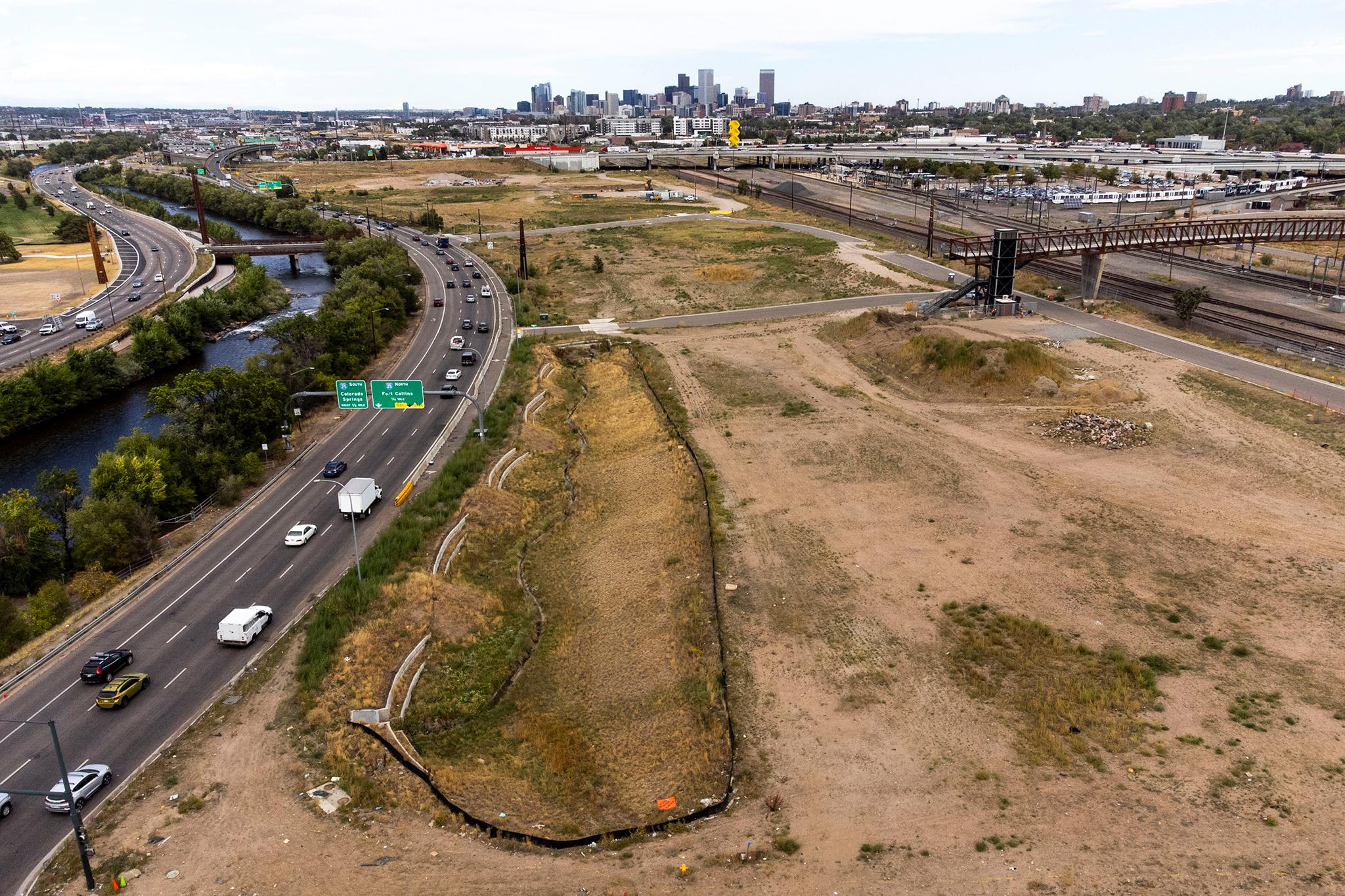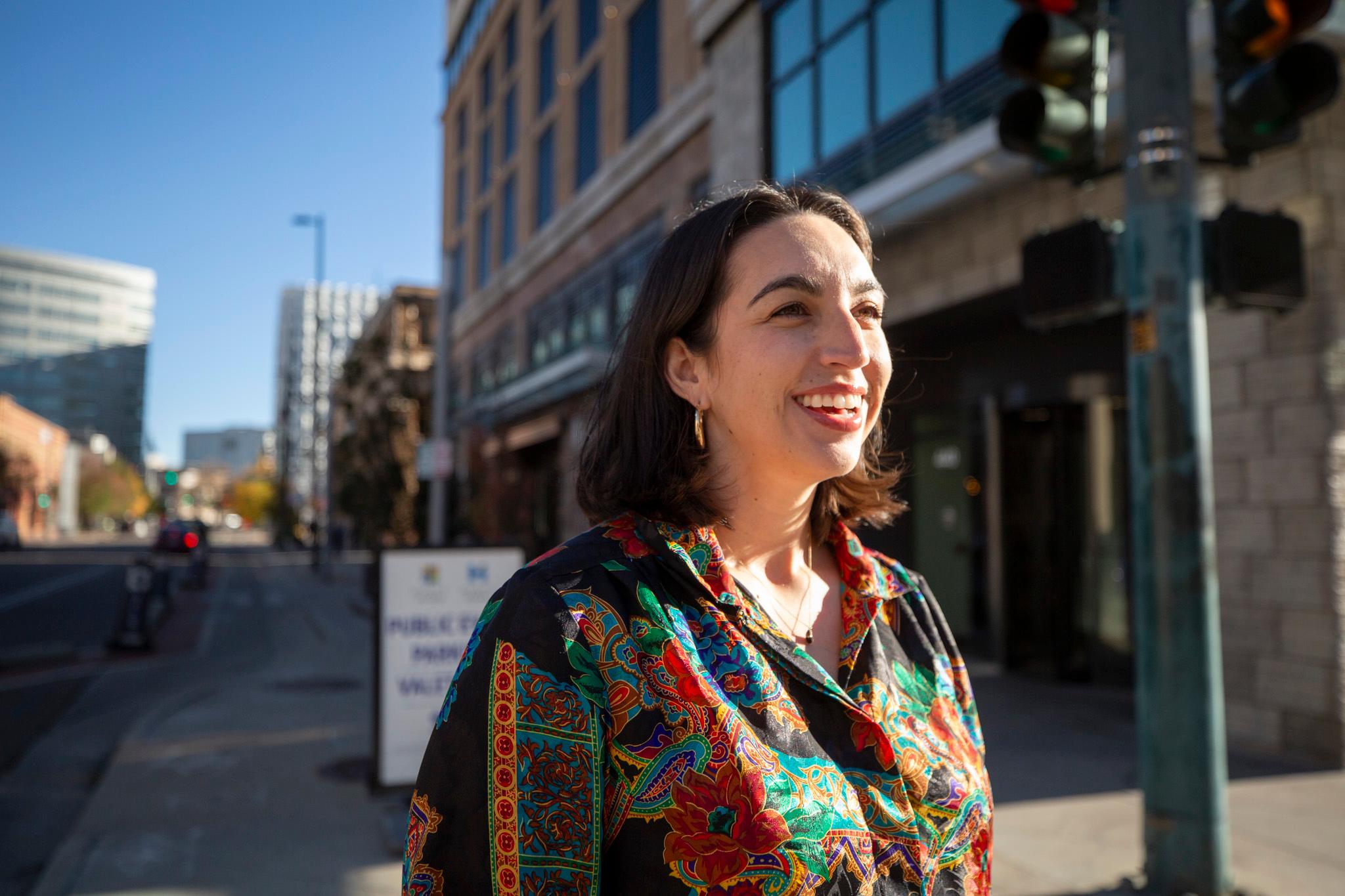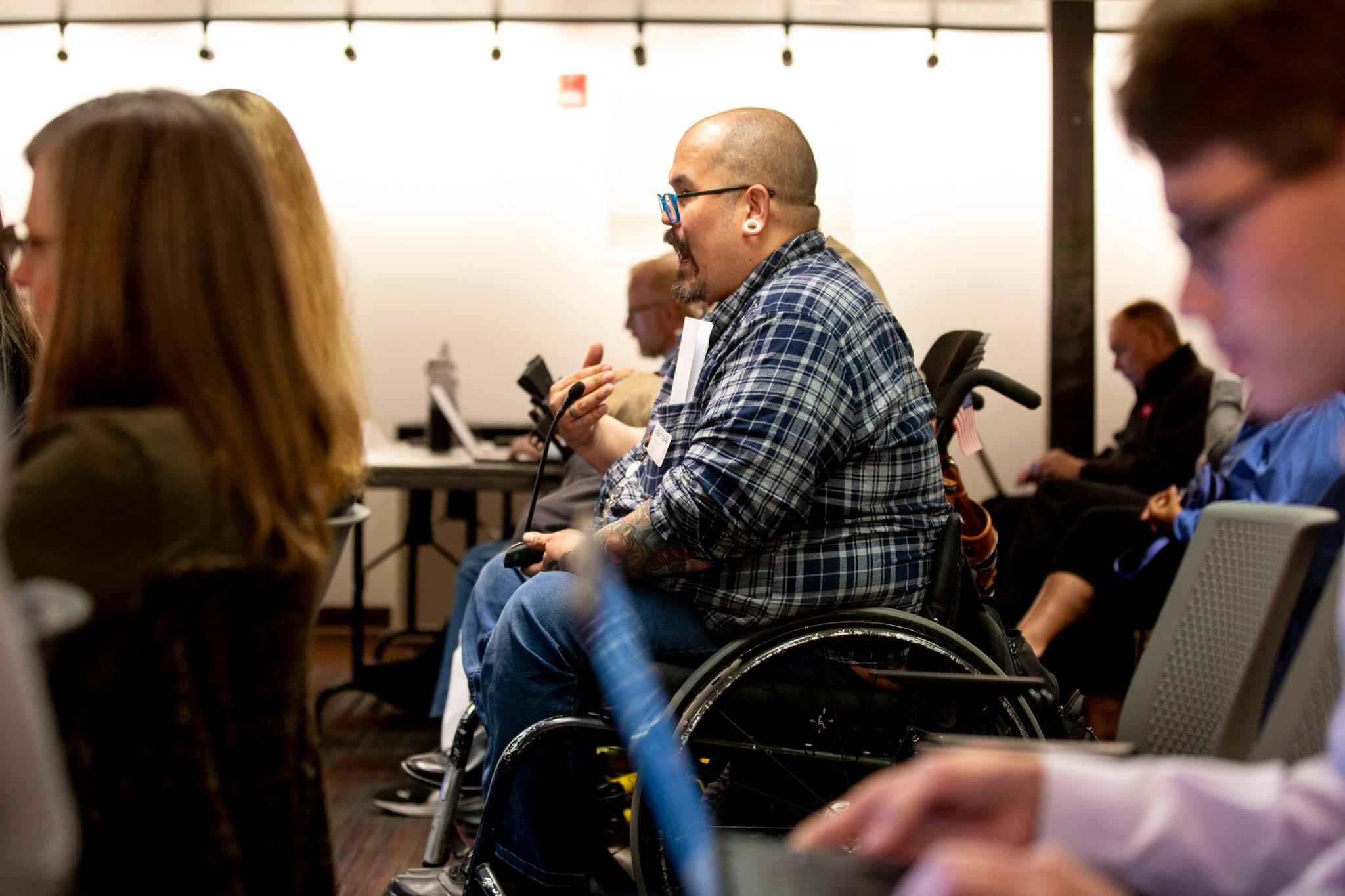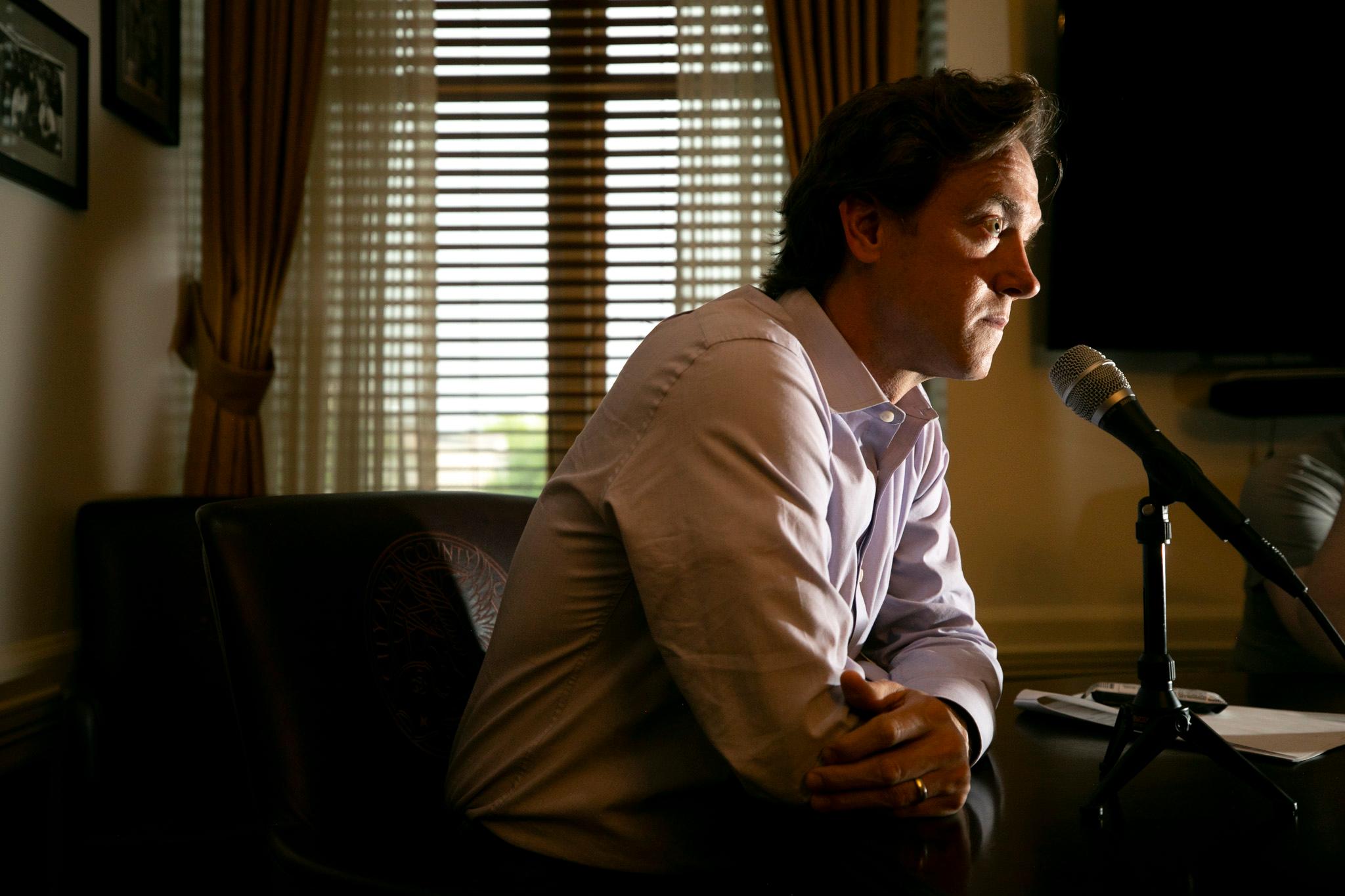
In 2004, John Hickenlooper, then the mayor of Denver, created an organization called Denver's Road Home. Its goal, he said, was to end homelessness here by 2014. That didn't happen, and the very idea plays now like a dark in-joke among bureaucrats and activists alike.
Still, Denver's Road Home has remained the overarching brand for Denver's homelessness relief programs well into Mayor Michael Hancock's new administration -- but it may not be for long.
Earlier this year, Hancock created the Office of HOPE and hired Erik Soliván, 37, to lead it. On Monday afternoon, we got a closer view of just what Solivàn has done in his first 49 days on the job and how this somewhat nebulous new program will operate.
Soliván spoke on Monday afternoon to the city's Commission on Homelessness, a 45-member board that is meant to be one of Hancock's primary advisory sources on homelessness. Solivàn has been canvassing the group for weeks -- and he has heard about plenty of frustrations and indecision.
"My goal is to have this body be a functioning body that can make decisions around how we engage in this work," Soliván said.
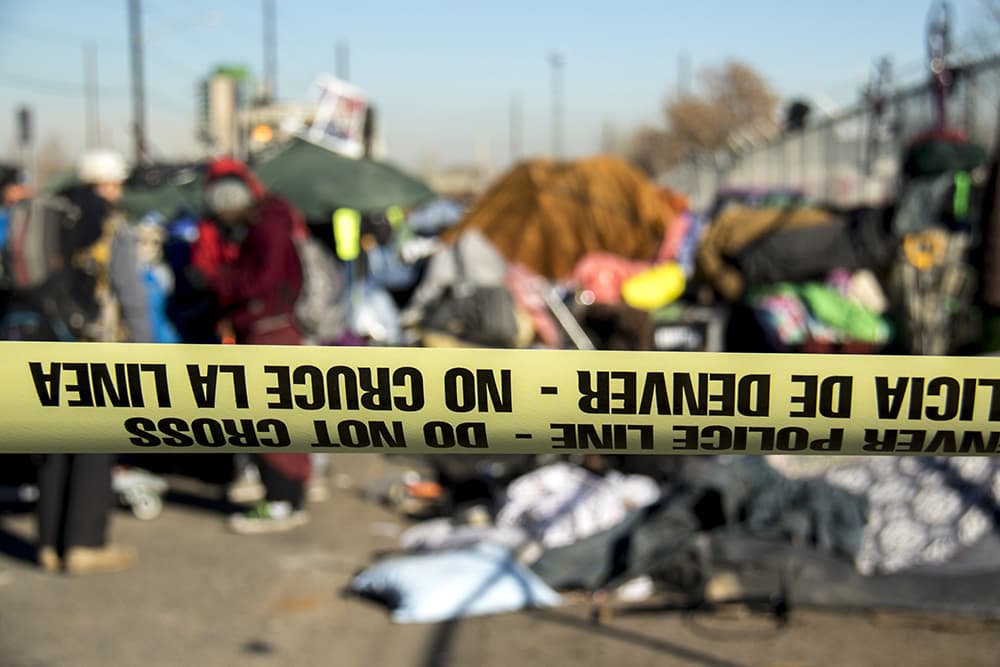
His goal, he said, was to bring the commission's members "back to the table." He spoke again and again of finding "common ground" and ways past "friction points," such as the controversy over the city's clean-up sweeps of homeless camps.
Later, he said that there isn't "an open communication" about homelessness and housing in Denver.
Soliván outlined a few bureaucratic possibilities for the commission itself, such as shrinking or sub-dividing the group. Moreover, he signalled his approach to a job that will have him crisscrossing city government and potentially stepping on some toes.
"I don’t fit within any one particular department," Soliván said in an interview after the meeting. "My role, being positioned within the mayor’s office, is ... 'How do we get past our silos?'"
He wouldn't comment on speculation that HOPE (Housing and Opportunity for People Everywhere) will outright replace Hickenlooper's Road Home, but he acknowledged that the two programs' missions are largely the same: Coordinate services to get people in housing.
"At the outset, Denver’s Road Home was charged with it. And in the last three to four years, their work has become hyper-ly focused on shelter provision and shelter expansion," he said.
As part of a "rebirthing," he said, "Mayor Hancock has asked the HOPE office to do that."
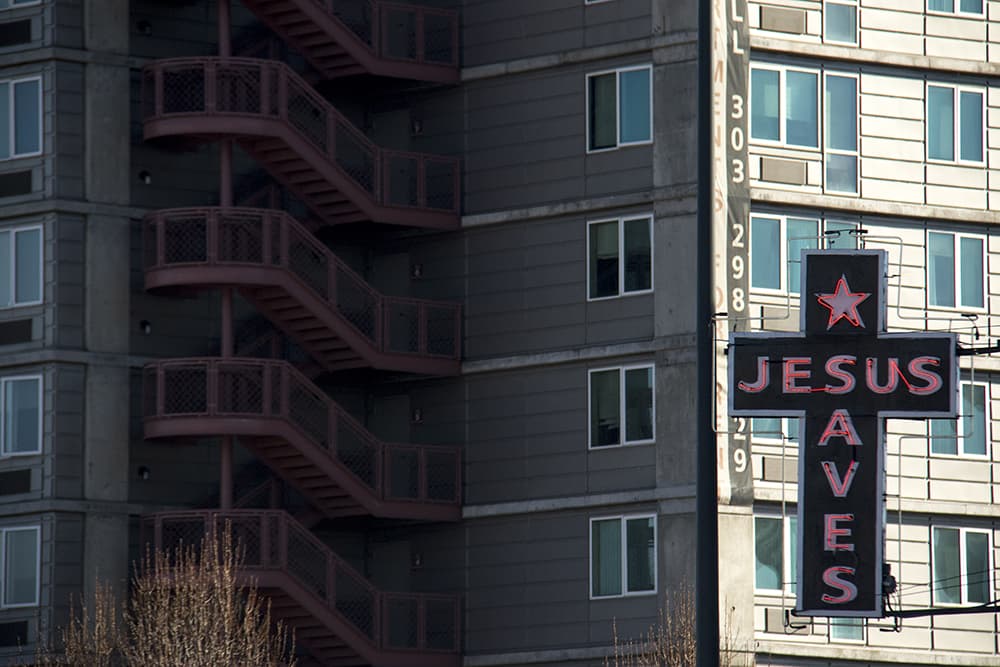
Soliván's approach, by his telling, is to drive a diverse set of interests toward consensus. In the language of business consultants, he's a "change agent." Take the homelessness commission: Soliván has spent much of his first months in office meeting with its members, drawing out their hopes and frustrations -- and setting an expectation that things are about to change.
"We cannot do this alone," he told the group.
Sólivan didn't take questions from the group at the end of his presentation, instead encouraging people to talk among themselves and approach him directly. The real discussion, he said, would be coming at the next meeting
This early meeting revealed little, then, of Soliván's specific prescriptions, though he did reinforce the idea that homelessness is the tip of much larger social questions.
"How do we better connect those dots to bridge supportive housing, moving up the scale to affordable housing and homeownership?" he said, at one point referencing the story of his own family's journey through public housing in New York City and the Section 8 voucher system in Philadelphia. (Read more on his background here.)
The members and spectators of the homelessness commission seemed reserved but curious in their reaction to Soliván. Members of Denver Homeless Out Loud, an advocacy group that speaks from experience, noted approvingly that they'd met multiple times with Soliván.
"Give him a chance," said Ray Lyall. But don't forget, he added, that the guy's "a politician."

Randle Loeb, a longtime member of the commission, also was guardedly optimistic.
"I think Erik Sólivan was called in as a new partner because he had experience in the very successful program in Philadelphia," he said, referring to the Philadelphia Housing Authority. But a change to the bureaucracy alone will accomplish little, he said.
"Not unless you deal with the underlying issues of poverty -- and I told him what that when I first met him. I said, you've got to find a way to broaden the discussion from homelessness to extreme poverty and its underlying issues of not having access to education."




